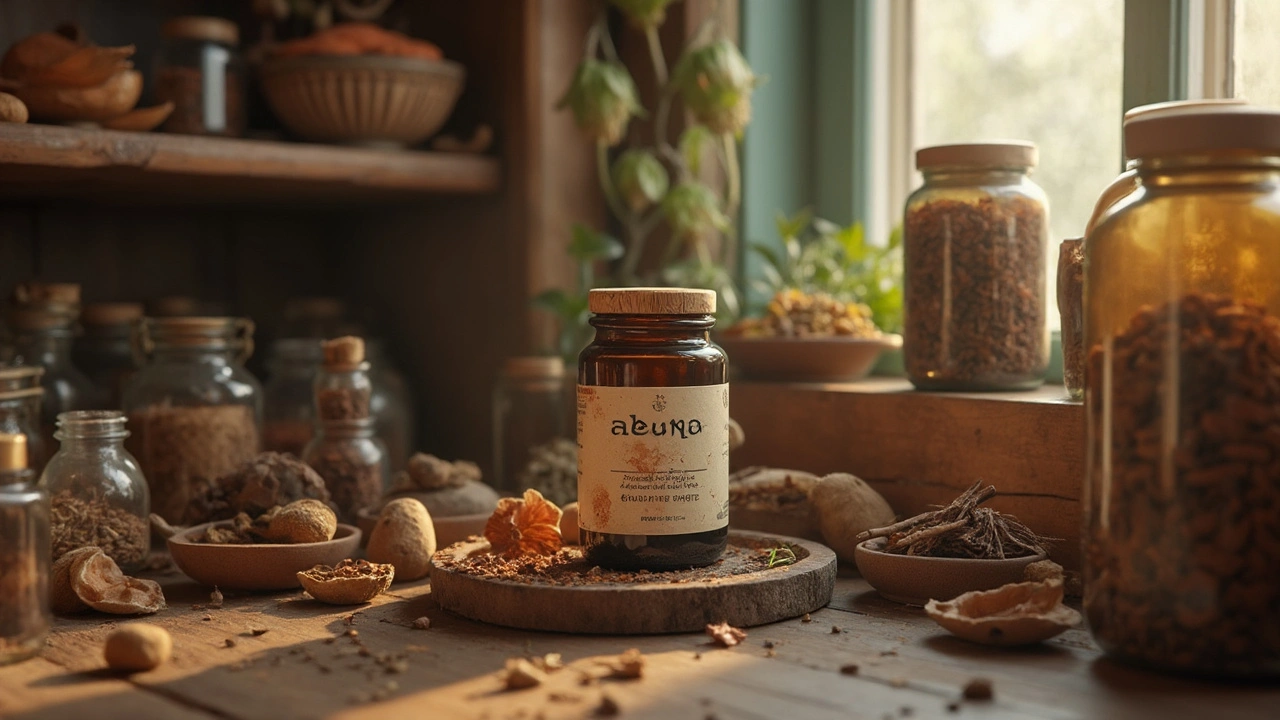Herbal medicine: smart, safe ways to use herbs
Herbal medicine can help with sleep, digestion, mild pain, and adding nutrients your diet might miss. You’ve probably seen maqui, sour cherry, or agave supplements on store shelves — they aren’t just trendy words. But herbs are medicines too: they can help, they can fail to help, and they can cause harm if you treat them like harmless teas. Here’s a practical guide to using them without guessing.
Common herbs and what they actually do
Sour cherry is often used for sleep and inflammation because it contains melatonin and antioxidants. Maqui is sold as a powerful antioxidant supplement — useful if you want extra polyphenols in your diet, but don’t expect miracle results. Agave shows up as a natural sweetener and sometimes as a supplement; it’s not a cure-all for weight or blood sugar. Other common herbs you’ll run into: chamomile for gentle sleep and digestion, ginger for nausea, and peppermint for bloating.
Some herbs have strong effects. St. John’s wort can reduce depression for some people but it breaks down many prescription drugs — including birth control and blood thinners. That’s why matching an herb to your health need and your current meds matters more than following a TikTok tip.
How to choose and use herbal products safely
Read the label. Look for the Latin name of the plant (not just “ginseng”) and a standard dose. Prefer products tested by third parties (USP, NSF, or ConsumerLab). Avoid vague “proprietary blends” that hide ingredient amounts. If a bottle promises a cure or sounds too good, it probably is.
Start small. Try one product at a time for a few weeks so you can spot benefits or side effects. Keep a simple log: dose, time, symptom changes. If you’re on prescription drugs, pregnant, breastfeeding, or have liver/kidney issues, check with a healthcare provider before starting anything new.
Watch for interactions and side effects. Herbs can cause stomach upset, allergic reactions, or changes in blood pressure and sugar. If you notice new bruising, dizziness, unexpected bleeding, or mental changes, stop the herb and talk to your doctor. Always tell your provider about every supplement you take — many problems come from mixing herbs with meds.
Where to learn more on this site: read our Maqui and Agave posts for evidence and practical tips, and the “Natural Ways to Soften the Cervix” article if you’re researching herbal options around childbirth. Our content aims to explain what the science shows and what it doesn’t, so you can make grounded decisions.
Herbal medicine can be helpful when chosen carefully. Use clear labels, trusted brands, simple tracking, and honest conversations with your clinician. That keeps the benefits high and the risks low.

Abana: Origins, Health Benefits, Uses, and Myths Debunked
Discover Abana, the popular Ayurvedic heart health supplement. Learn its origins, real benefits, active ingredients, proper usage, risks, and common myths.
read more




